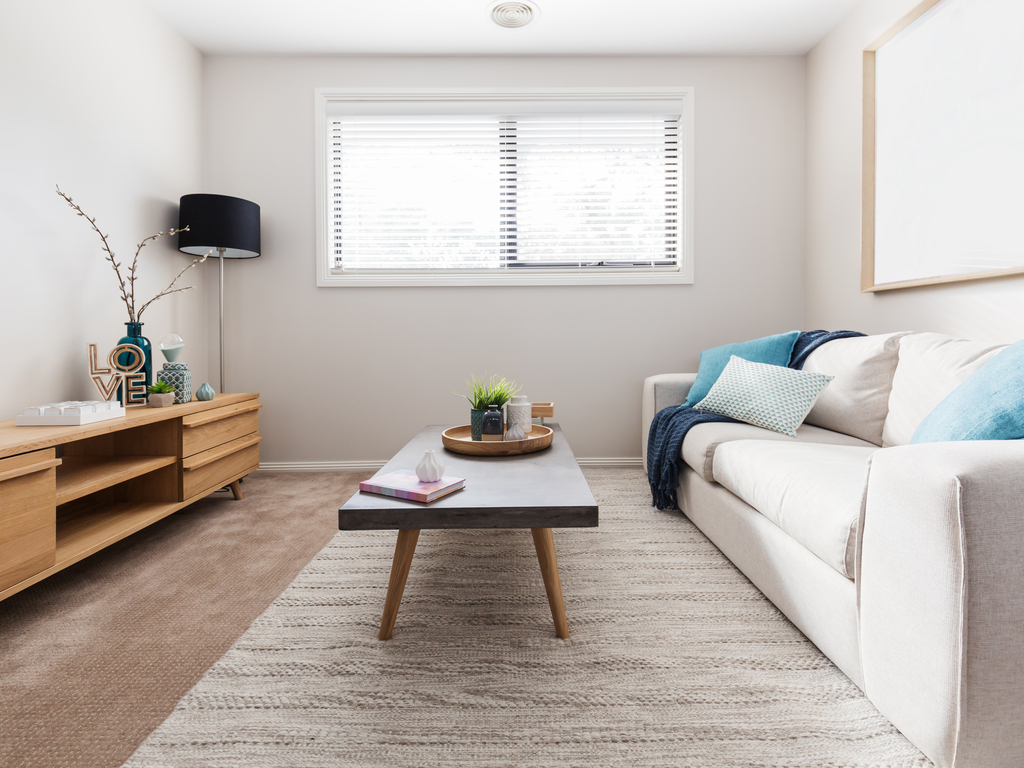
Checklist for getting your property tenant-ready
Here is a checklist to ensure that your property is ready for viewing by tenants –
• Remember, when a person visits your property, they are thinking about living there. So, avoid any personalisation. Opt for simple furnishings and neutral colors for your home. It will make the home look more approachable and accessible.
• If there are any repairs required like broken windows or clogged pipes, get the repairs done beforehand. Your potential tenant should feel that the place is functional and safe for them. Also ensure that the property meets all the legal requirements of safety mentioned for a rental property. Keep your copy of Gas Safety Certificate and Energy Performance Certificate ready as they are required by law for landlords.
• Test all the white goods on the property. Non functional appliances like water heaters, air conditioning or other goods will reduce the overall value of your property. Apart from white goods, also ensure that all utilities like gas appliances or electrical sockets are functional. Make arrangement for transferring utility bills to the name of the tenant.
• Nobody wants to live in a home with mold in the bathroom, grease on the kitchen countertops or stains on the floor. You need to go on a deep cleaning spree before making your home open to visitors. Hiring a professional cleaning service for this occasion might be an effective thing to do so you don’t have to worry yourself about it.
• To ensure that you do not miss on out on any important point; create a list of things that need to be done. Go room by room and make a list of all the repairs including minor repairs.
• Preparing your home for rent should not burn a home in your pocket. So, classify your list into high priority, medium priority and minor tasks. You need to strike a balance between cosmetic and functional changes required for the home.
• Create a list of inventory present in your home that you will be letting out along with the property. Remove any extra items from the home that you are not willing to let out.
• It is always a smart move to hire the right estate agent. While choosing an agent, look for his accreditation, location of their services and their background. You should be able to trust the person who is helping you with letting out the property. Clarify on what the agent is responsible for and create an agreement for it.
• If you are planning to let out your property to multiple tenants, make sure you have copies of the key for each tenant.
Maintaining a checklist is the best way to plan the repairs, changes and upgrades to your home.